- University of Lodz
- International Society For Formal Ontology
Logic is morality of thought and speech.
Jan Łukasiewicz
Who are we?
The International Society for Formal Ontology (ISFO) based in Poland was established during the international conference Quo Vadis, Metaphysics?, dedicated to Peter van Inwagen to commemorate his 75th birthday, Warsaw, 26–29 September 2017 (see, Declaration). The forty one founders represent seventeen countries, and it is their intention that the Society should promote the discipline and profession of widely understood ontology, and foster collaboration and exchange of ideas among researchers.
The legislative body of the Society is the General Assembly and the executive body of the Society is the Board consisting of the President and two Vice-Presidents. It was planned that, every four years, the Society will organize an international congress during which the election of the Society’s authorities will be made.
There are three types of membership in the Society: regular, supporting (individual or institutional), and honorary. The Statute of the Society indicates the methods of acquiring each of these types of membership.
The Society was registered in the District Court in Warsaw, XII Commercial Department of the National Court Register, on April 18, 2018.
Testimony
The International Society for Formal Ontology was founded in Warsaw on September 27, 2017. Nothing could be more fitting than that a society devoted to formal ontology should have been founded in Poland — the land of the great Lvov-Warsaw school of philosophy, the land of Twardowski, Ajdukiewicz, Kotarbiński, Leśniewski, Łukasiewicz, and Tarski. One of the central ideas of 20th century philosophy is that clarity and rigor are of central importance in philosophy. The Lvov-Warsaw school more than any other school of philosophy was founded on the idea that in framing and discussing the problems of philosophy — and most especially the problems of metaphysics and ontology — clarity and rigor are best achieved by the application of formal methods. Between the two great wars of the twentieth century, philosophers of the newly united Poland, using formal methods, produced an astonishing body of brilliant work in all the central areas of philosophy. But the achievements of Polish philosophers in logic and ontology were perhaps even more impressive than their achievements in epistemology and ethics. The great, decades-long tragedy for Poland that began on September 1st, 1939 led to the dispersal of the Lvov-Warsaw school. But now there is a Society devoted to the application of formal methods to the problems of ontology. It is, as its name implies, an international society, but its congresses are held in Warsaw. These congresses bring together philosophers and logicians of the very highest caliber to engage in discussions of the problems of ontology, discussions informed by the clarity and rigor that can be achieved only by the application of formal methods. That the meetings of the Society should take place in Warsaw is a fitting memorial to the Lvov-Warsaw school.
Peter van Inwagen
Honorary President of the
International Society for Formal Ontology
Chapel Hill, NC USA
15 February 2019
Declaration on the establishment
On the occasion of the international conference Quo Vadis, Metaphysics? Dedicated to Peter van Inwagen to commemorate his 75th birthday, which took place in Warsaw from 26 to 29 September 2017, 41 philosophers representing 17 countries have decided to establish the International Society for Formal Ontology (ISFO) based in Poland. The date of the establishment of ISFO is September 27, 2017.
The aims of the ISFO are:
- integration of areas of research dealing with formal ontology,
- support of research in formal ontology,
- promotion of applications of formal ontology,
- connections of formal ontology with related fields.
Members of the founding committee of the ISFO will draft its statute and register the Society in accordance with the applicable Polish legislation.
Peter van Inwagen was invited by the founding committee to be the honorary president of the ISFO.
On behalf of the founding members, the declaration is signed by:
Gila Sher ⁞ UC San Diego, USA; ⁞ Former Editor in Chief of the Journal Synthese, Netherlands; ⁞ Editor of The Journal of Philosophy
Hannes Leitgeb ⁞ Chair and Head of the Munich Center for Mathematical Philosophy
Mirosław Szatkowski ⁞ Warsaw University of Technology, Poland
Attachment
List of the founding members of the
International Society for Formal Ontology
Warsaw, September 27, 2017
Neil Barton ⁞ University of Vienna, Austria
Christoph Benzmüller ⁞ Free University of Berlin, Germany
Tomasz Bigaj ⁞ University of Warsaw, Poland
Andrea C. Bottani ⁞ University of Bergamo, Italy
Cezary Cieśliński ⁞ University of Warsaw, Poland
Daniel Cohnitz ⁞ University of Utrecht, Netherlands
Fabrice Correia ⁞ University of Neuchatel, Switzerland
Mario De Caro ⁞ Roma Tre University, Italy
Kit Fine ⁞ New York University, USA
Peter Forrest ⁞ University of New England, Australia
Paweł Garbacz ⁞ The John Paul II Catholic University of Lublin, Poland
Michał Głowala ⁞ University of Wrosław, Poland
Leon Horsten ⁞ University of Bristol, UK
Guido Imaguire ⁞ Federal University of Rio de Janeiro, Brazil
William Jaworski ⁞ Fordham University, USA
Janusz Kaczmarek ⁞ University of Łódź, Poland
Christian Kanzian ⁞ University of Innsbruck, Austria
Srećko Kovač ⁞ University of Zagreb, Croatia
Hannes Leitgeb ⁞ University of Munich, Germany
Oystein Linnebo ⁞ University of Oslo, Norway
Anna-Sofia Maurin ⁞ University of Gothenburg, Sweden
Uwe Meixner ⁞ University of Augsburg, Germany
Christopher Menzel ⁞ Texas A&M University, USA
Friederike Moltmann ⁞ French National Centre for Scientific Research, France; New York University, USA
Kevin Mulligan ⁞ University of Geneva, Switzerland
Thomas Müller ⁞ University of Konstanz, Germany
Peter Ohrstrom ⁞ Aalborg University, Denmark
Francesco Orilia ⁞ University of Macerata, Italy
Tomasz Placek ⁞ Jagiellonian University, Poland
Carl Posy ⁞ The Hebrew University of Jerusalem, Israel
Graham Priest ⁞ University of Melbourne, Australia
Jonathan Schaffer ⁞ Rutgers University, New Brunswick, USA
Benjamin Schnieder ⁞ University of Hamburg, Germany
Gila Sher ⁞ University of California, San Diego, USA
Ted Sider ⁞ Rutgers University, New Brunswick, USA
Peter Simons ⁞ University of Dublin, Ireland
Mirosław Szatkowski ⁞ Warsaw University of Technology, Poland
Kazimierz Trzęsicki ⁞ University of Białystok, Poland
Achille Varzi ⁞ Columbia University, USA
Takashi Yagisawa ⁞ California State University, Northridge, USA
Dean Zimmerman ⁞ Rutgers University, New Brunswick, USA
Structure
Board
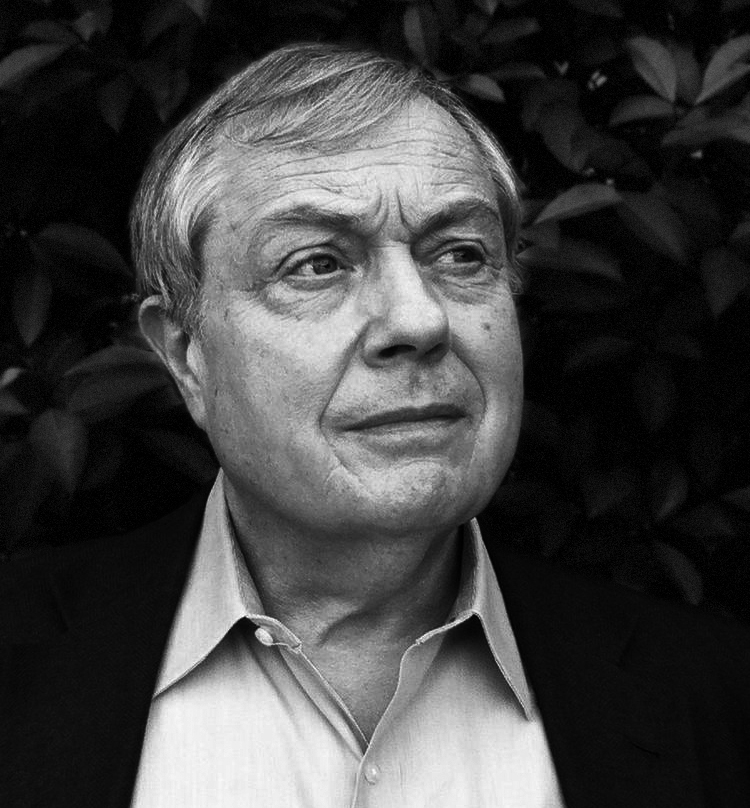
Peter van Inwagen
Honorary President
Peter van Inwagen ⁞ Notre Dame University, USA
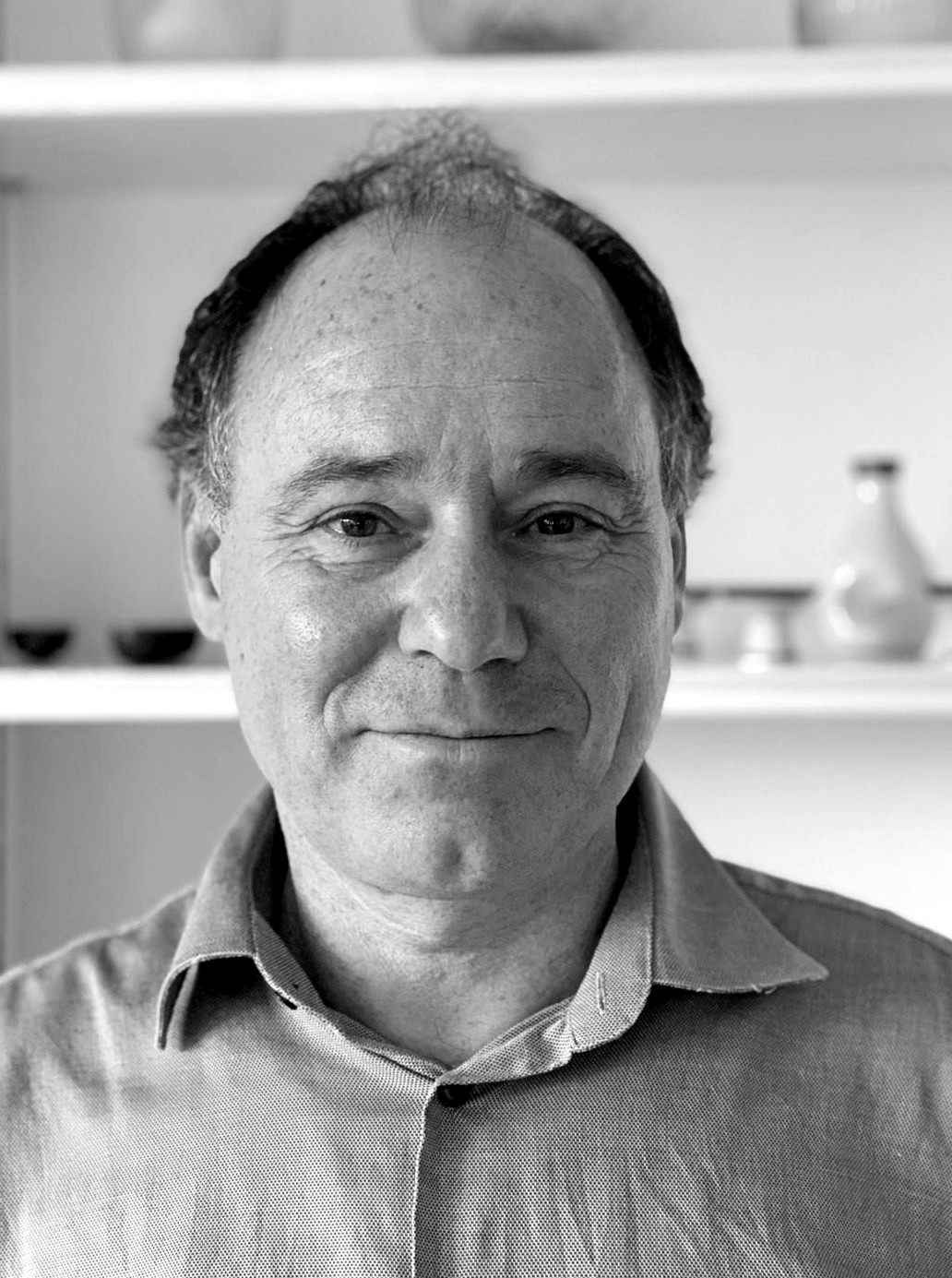
Leon Horsten
President
Leon Horsten ⁞ Department of Philosophy, University of Konstanz, Germany, Professor for Theoretical Philosophy with special emphasis on Metaphysics, Epistemology and Logic
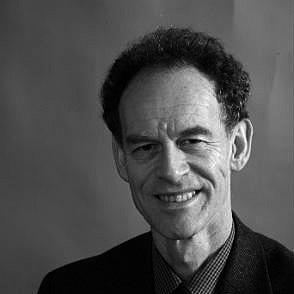
Peter Simon
Vice-President
Peter Simons ⁞ University of Dublin, Ireland ⁞ University of Salzburg, Austria
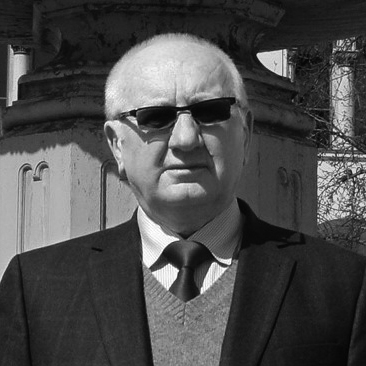
Mirosław Szatkowski
Vice-President
Mirosław Szatkowski ⁞ University of Munich, Germany ⁞ until February 28, 2018, also Warsaw University of Technology, Poland
Scientific advisory board
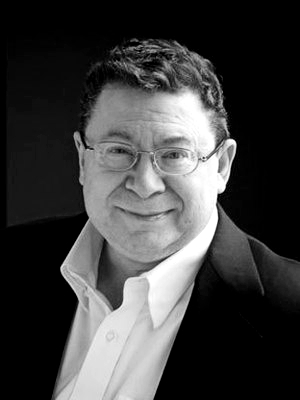
Harvey Friedman
Harvey Friedman ⁞ The Ohio State University, USA
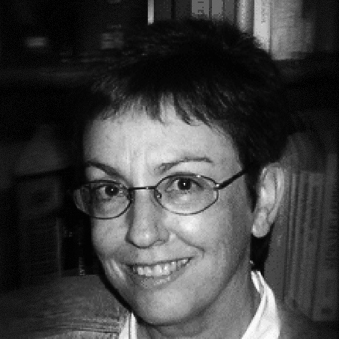
Gila Sher
Gila Sher ⁞ University of California, San Diego, USA ⁞ Former President of the International Society for Formal Ontology ⁞ Former Editor in Chief of the Journal Synthese, Netherlands ⁞ Editor of The Journal of Philosophy, USA
Audit commission
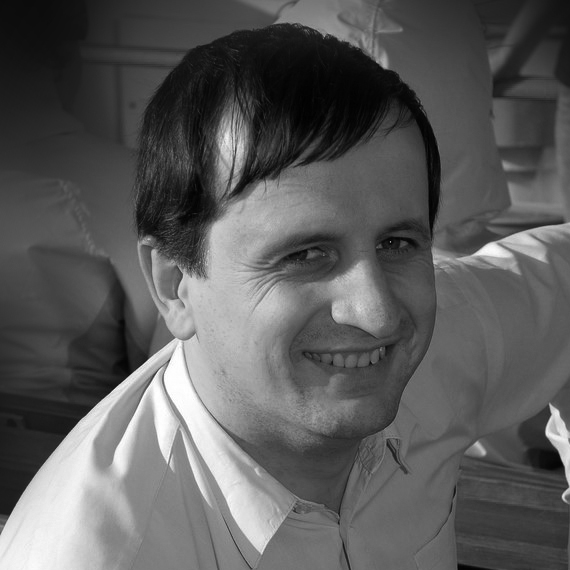
Paweł Garbacz
Chair
Paweł Garbacz ⁞ The John Paul II Catholic University of Lublin, Poland
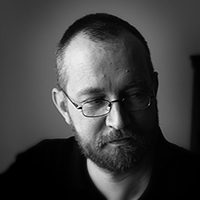
Michał Mikołaj Głowala
Member
Michał Mikołaj Głowala ⁞ University of Wrocław, Poland
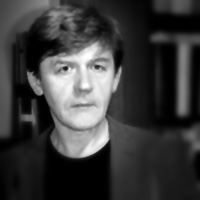
Janusz Kaczmarek
Member
Janusz Kaczmarek ⁞ University of Lodz, Poland
Our books
In this section we will present books by members of our Society. These are books by authors, multi-authors or monographs concerning ontological and formal-ontological issues. On the following page we present works by: Peter van Inwagen, Gila Sher, Peter Simons and Mirosław Szatkowski.
Investigations
The Society organizes, pilots or reports on ontology researches. But it is difficult to define ‘ontology’. On the one hand, it is a discipline with a long history, but on the other hand, there is no common, widely accepted, definition of the term ‘ontology’. The term remained, until recently, one dealt with by philosophers, but in the second half of the 20th century found use also in computer science, where an ontology is referred to as a special kind of information object or computational artifact. We list here three contemporary dictionary definitions of ontology.
Events
The Society’s tasks include organising conferences, workshops, seminars, consultations and philosophical meetings to address current research topics. We inform you in this section about various philosophical events that have already taken place or are planned. Members of the Society or philosophical centres with which we cooperate are the organizers of these events.
